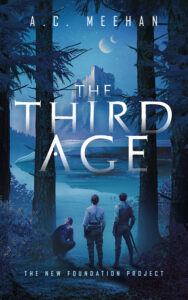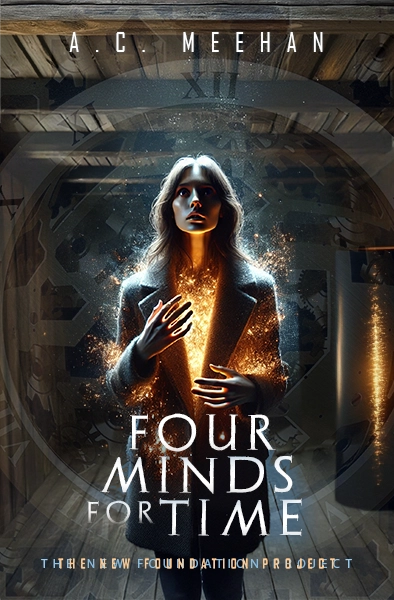I knew it would drop back once I went back to my day job, and for a moment I tried to guess what word-count target I should set for each writing session. Stick to that and I’d keep flying.
However, I don’t generally make resolutions. For me they either end up being things I will be doing anyway or too aspirational to really count as a goal, and failing to meet them creates unnecessary angst. The turn of the year always leads to a little reflection, though—my assessment of the old year, my hopes for the new. Looking back, I find myself thinking about progress, tangible changes, measurable results. It’s the number of books I read, milestones I reached, things I did. Often those relate to my real goals, but sometimes not. Sometimes it’s just information and proof of forward motion.
So when I thought about setting goals for my writing sessions, I was trying to balance my great satisfaction about those 15k words and my sense that a word-count target would frustrate more than motivate. I realized that it’s because I would be setting a word target as a proxy for a “good session,” but they aren’t the same thing.
I know what my usual session produces, so I do like to get “about that much” done. However, meeting that word count isn’t what makes me feel like I’ve accomplished something worthwhile. For one thing, the only thing word count tells me is that I’ve been typing. (The first draft of my second book was longer than some trilogies, so one could reasonably argue that word count is a counterproductive goal for me!) How many words I type doesn’t matter. Whether or not they are the right words does. But how do you set a goal for that?
What makes a “good session?” My answer to that: when it feels right. Very scientific. If I don’t make my word count, but something clicks into place, that’s a good session. My six days were that kind of writing, and the Muse and I had a great partnership going so it felt right and led to lots of words.
Thinking about 2024, my real-life goals operate about the same way. I remember telling one of my bosses that I didn’t know what I wanted to do, but I knew how I wanted to feel. And unfortunately, there’s not an established career path for that. It’s not always easy to predict what will make one happy, and I suspect we get into trouble when we make goals based on guesses. Human history (and modern media) are full of stories about someone who wanted power, or wealth, or a particular job, situation, or lover—and who were just as restlessly ambitious when they got it. We guess what will make us happy, peg that to some future accomplishment, and go for it.
Those are like word-count goals. Measuring progress, watching status, comparing yardsticks. “If I do X, I will achieve Y.” There’s value in that, if only to keep one looking forward and striving, but reaching them doesn’t always have the meaning we expect. We measure what matters, as they say, so there’s a risk: measure the wrong thing, and we’re making the wrong thing too important.
Good-session goals are harder to define but have a lot more value when achieved. It has something to do with living in the moment, and something to do with trusting that the moment is what it is supposed to be. In my writing life, it’s the feeling that the session yielded material that is good and moves the story along in a meaningful and interesting way.
I suppose that’s not a bad articulation of my goal for my life in 2024. I want the year to count, to be one where I find that I’m where I’m supposed to be, growing as I’m meant to grow, and moving ahead in my own story.




